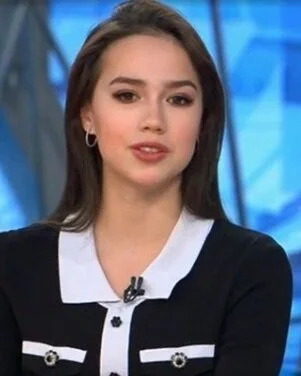Another Medvedeva stunner: pandemic sends her back to old coach after bitter split led her to Orser, who says her departure was amicable
/During the Russian Figure Skating test event last weekend, when Brian Orser and Yevgenia Medvedeva were bridging the 5,000-mile span between him in Toronto and her in Moscow via video chat, they laughed about how different the atmosphere seemed than it had been at the same event two years earlier.
Orser would tell me Wednesday morning he had no idea during those weekend conversations that the bridge linking them was on the verge of collapse under the weight of separation caused by the Covid-19 pandemic.
A few hours before Orser called me, what Medvedeva had told him Tuesday became public: she was making the stunning move of returning to her previous and longtime coach, Moscow-based Eteri Tutberidze, whom she had left in an acrimonious split three months after the 2018 Olympics.
“She (Medvedeva) and I agree if there was no pandemic, we would not be having this discussion right now,” Orser said.
So, there was a bittersweet irony in Orser’s recollection of his earlier conversations with Medvedeva, 2016 and 2017 world champion and 2018 Olympic silver medalist.
Read More




